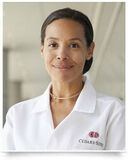Adam's Heart Valve Surgery Blog – Page 58
The Importance Of Support Groups For Heart Surgery Patients?
By Adam Pick on August 27, 2009
Throughout the highs and lows of my heart valve surgery experience, my support group never wavered. Their commitment to me and my recovery was extraordinary considering the challenges (cardiac depression, pain management, Vicodin addiction) I faced.
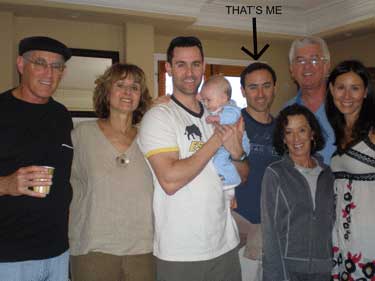
“Ventricular Tachycardia After Aortic Valve Replacement Surgery?” Asks Rita
By Adam Pick on August 27, 2009
Together, as patients and caregivers, we’ve learned that the human heart can do some odd things after valve repair and valve replacement surgery. In particular, the heart can pound a little louder, the heart can beat a little faster and, if you received a mechanical valve replacement, the heart might make a clicking noise.
That said, I just received an interesting question from Rita specific to very fast heart rates after heart valve surgery.
She writes, “Hi Adam – I have a question. Has anyone had ventricular tachycardia after mitral valve replacement. For ten months, I’ve been telling the doctors about the episodes I’m having. Finally, an episode was caught on EKG while I was on treadmill. They are now going to do an EP study and possible ablation. The doctors are looking for scarring among other things. Plus, the doctors may also look to see if anything is genetic. The VTAC episodes are really scary to say the least. Have any patients on your awesome blog experienced this? I would love to hear the outcome. I had atrial fibrillation after surgery. Now, I am wondering if it was VTAC the whole time? Thanks, Rita”
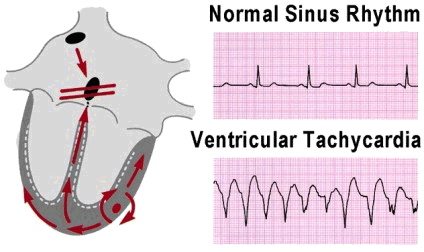
Mark’s Incredible Ride For The Make-A-Wish Foundation
By Adam Pick on August 26, 2009
There really is nothing better than waking up in the morning, turning on the computer, clicking my email inbox and receiving a patient success story from one of my readers.
The story below comes from Mark Hurst in Michigan. As you can read, Mark did not let heart valve surgery inhibit his altruistic bike ride for a Make-A-Wish Foundation charity event. If you’re looking for some inspiration, please continue reading:
Hi, Adam –
I am 41 years old, and (quite suddenly) had aortic valve and aortic root replacement on March 30, 2009.
When I was initially diagnosed with severe congenital aortic dilation and scheduled for near immediate surgery (3 days later), one of the first resources I found was your website. The information on the site really helped me get oriented to and educated about what was happening to me. It also gave me hope that full recovery is very possible.
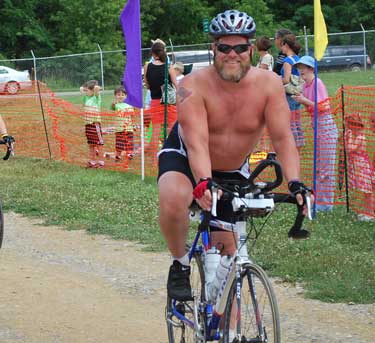
Mark Hurst – Heart Valve Replacement Patient
“Is Your Heart Valve Surgery Newsletter Really Free?” Asks Amy
By Adam Pick on August 25, 2009
Amy just sent me an interesting question about my newsletter. She writes, “Adam – I’ve been coming to your blog for three months now. In May, I was diagnosed with severe regurgitation from mitral valve prolapse. I’m curious to know, is there a hidden fee if I subscribe to your newsletter? Is it really free? Thanks, Amy”
The answer to Amy’s question is a very, very, very simple… Yes, It’s Free! There is no hidden cost to signing up for my newsletter. I know there are a lot of Internet scams out there, but my free newsletter is definitely not one of them. Maybe that is why several thousand people have signed up!

If you would like to subscribe, simply click the button below. That way you can stay up-to-date on all the latest news, insights, research and opinions from our growing heart valve community. Plus, in the next few weeks, I am going to announce a number of helpful changes to this website that you will not want to miss.
I hope that answers Amy’s question.
Keep on tickin!
Adam
“Did You Get An M.R.I. Before Heart Valve Surgery?” Asks Gregg
By Adam Pick on August 23, 2009
Through your stories and my ongoing research, I have learned that properly diagnosing heart valve disease can be tricky. That said, I always encourage patients to get a second opinion prior to any surgical treatment (if possible).
However, Gregg just sent me an interesting question about the use of M.R.I.’s as a diagnostic tool for valvular disorders. [If you have never seen an M.R.I. of the human heart before, please see below… Can you identify the two valves that are opening-and-closing in this image?]
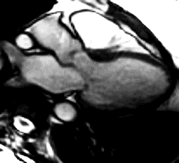
M.R.I. of the Human Heart
“Did Your Enlarged (Dilated) Left Ventricle Return To Normal Size After Surgery?” Asks Sandra
By Adam Pick on August 20, 2009
I just received a great question from Sandra about heart valve disease, enlarged hearts and valve surgery.
Sandra writes, “Hi Adam, I read that you had an enlarged heart before your surgery. I was wondering if it has returned to normal size since the surgery? I had mitral valve repair due to severe mitral regurgitation and an aneurysm repair in July 2008. I was told that my heart was enlarged and that it may not return to its original size. I exercised quite vigorously before my diagnosis thinking that my shortness of breath was due to being ‘out of shape’. The more short of breath I became, the harder I exercised. Now, I am wondering if this caused the heart to enlarge even more. My echo at 4 months post-op showed the heart still enlarged. I go again in September for another echo and I’m curious to see if it has returned to normal. Thanks, Sandra”
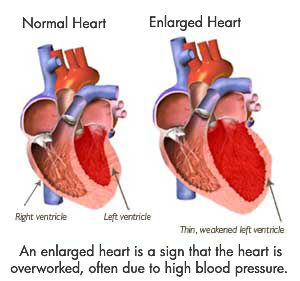
Karate Instructor, John Doss, Recovers After Heart Valve Surgery
By Adam Pick on August 18, 2009
Here’s a great patient success story about John Doss, a 56-year old Karate instructor from Michigan. Doctor Ali Kafi, Chief of Clinical Cardiothoracic Surgery, from Detroit Medical Center, performed the aortic valve replacement.
[video34]wT23obEeVlM[/video34]
During the video, Dr. Ali Kafi references the use of a mini-sternotomy. To give you a visual comparison of a mini-sternotomy incision versus a full sternotomy scar, please consider the pictures below. The first picture shows a patient with a mini-sternotomy.
Ladies… Think Positive For Healthy Hearts!
By Adam Pick on August 18, 2009
Sarah just sent me another interesting story about women, optimistic thinking and heart disease that was recently posted at the Los Angeles Times. Here are the details:
Many studies suggest that people who possess a sunny outlook on life tend to have better health and live longer. Here’s more evidence for the theory. A study by cardiac researchers showed that optimistic women had a lower risk of developing heart disease or dying of any cause compared to pessimistic women.
The study, published today in Circulation: Journal of the American Heart Association, studied 97,253 postmenopausal women ages 50 to 79 from the U.S. Women’s Health Initiative study. The women did not have cancer or heart disease at the start of the study. They completed questionnaires designed to assess their emotional outlook.
Denise Praises Dr. Bleiweis After Eli’s Heart Valve Surgery
By Adam Pick on August 17, 2009
I have the privilege of speaking with caregivers from all over the world.
As many of us know, heart valve surgery can be just as trying on the caregivers as it is on the patients. For this reason, many of their stories are both emotional and inspirational. That said, I thought you might like to read an email from Denise about her son, Eli, and his recent aortic heart valve repair:
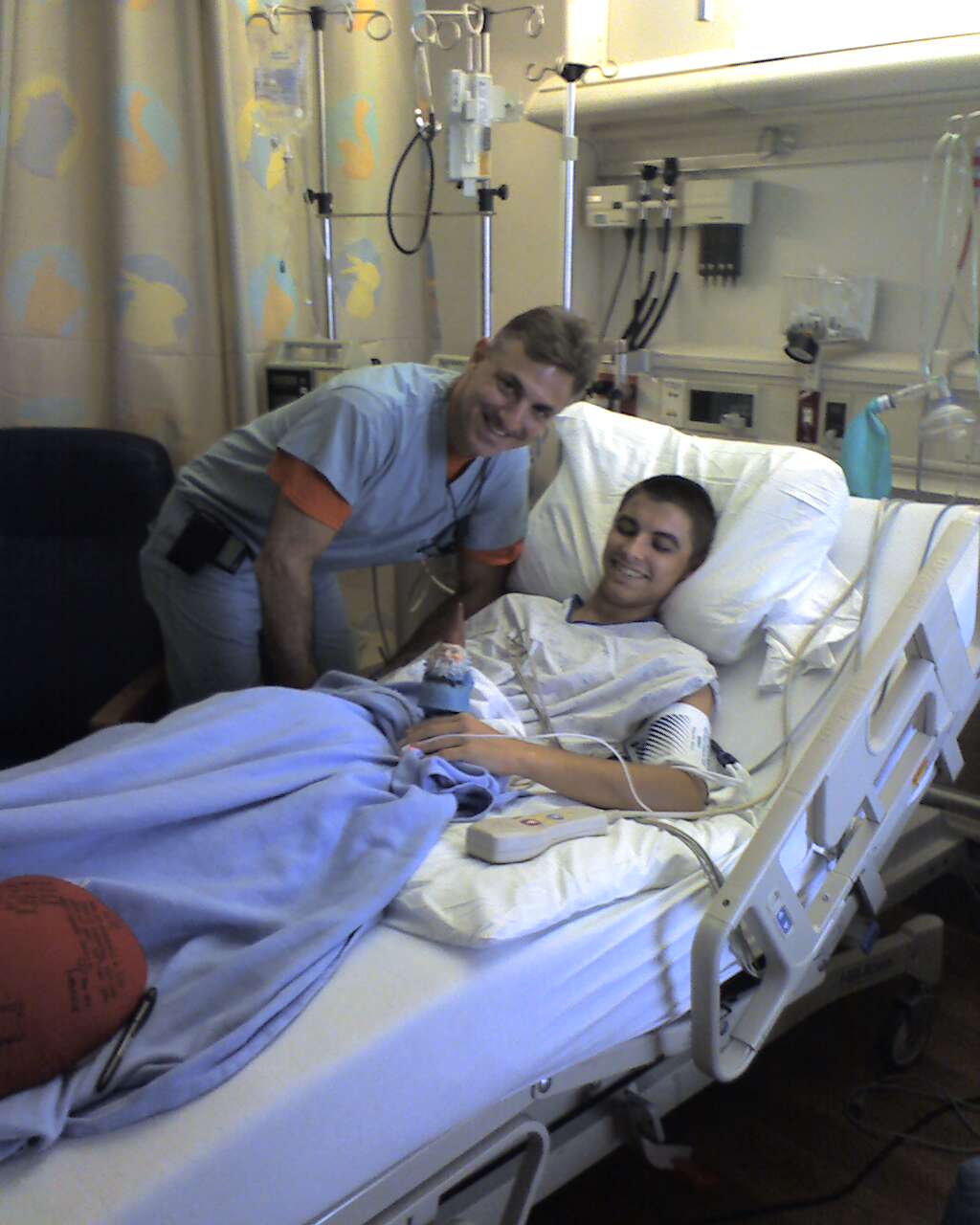
Eli & Dr. Marc Bleiweis
More Data On The MitraClip For Mitral Regurgitation Treatment
By Adam Pick on August 17, 2009
As we have discussed before, most minimally invasive treatments for heart valve disease continue to show encouraging results. Recently, additional results for high-tech devices from Edwards Lifesciences, Medtronic and Evalve have been posted.
Specific to the MitraClip for mitral valve repair, I just saw an announcement which detailed the results of 107 patients for the nonrandomized Everest 1 and 2 studies.
- A full 66% of patients did not require surgery and maintained a mitral regurgitation grade of less than 2 at 12 months, the primary efficacy end point of the study.
- In all, 32 patients needed mitral valve replacement surgery within 3.2 years of receiving the MitraClip. Of these procedures, 84% were successful.
- 9%, had a major adverse event during the follow-up period, including one non-procedure-related death.
- Overall procedural success was 74%, and 64% left hospital with a mitral-regurgitation grade of 1 or less, as opposed to grade 3 or 4 at study entry.
- In all, 32 patients needed mitral-valve surgery within 3.2 years of receiving the MitraClip.
“Surgical options were preserved,” the authors, led by Dr Ted Feldman (Evanston Hospital, IL), write in the August 18, 2009 issue of the Journal of the American College of Cardiology. “The fact that there were no in-cath lab deaths during this procedure in over 100 patients compared with, for example, stent therapy, shows that this is acceptable in terms of safety, all the more so given that this is a brand new intervention,” Feldman told heartwire.
Investigators also highlighted the “steep learning curve” seen in the study, with the first 30 procedures taking over four hours, while the last 30 typically took under three hours.
A randomized trial, comparing percutaneous mitral-valve repair with the MitraClip with surgical valve replacement or repair is ongoing; one-year follow-up will be completed in October, Feldman said. The MitraClip received a CE mark in Europe last year.
Keep on tickin!
Adam
“Did You Exercise Before Heart Valve Surgery?” Asks Leticia
By Adam Pick on August 10, 2009
I just received a great question from Leticia about exercise prior to heart valve surgery.

Leticia writes, “Hi Adam, I have been diagnosed with a bi-cuspid aortic heart valve. I have no symptoms or shortness of breath. My cardiologist hopes I can go for another 10 years without surgery. I’m concerned about my hobbies, which are aerobics and I teach ballet. I love my exercise and my doctor states that I don’t have to change my lifestyle unless I’m feeling symptoms. I’ve just read stories about athletic people having to reduce activity until after surgery. I don’t want to pass out one day and seriously injure or kill myself. Do you have any other info on exercise and bi-cuspid aortic heart valve? Thank you, Leticia”
“How Long Will My Dad’s Pumphead Last After Heart Valve Surgery?” Asks Rob
By Adam Pick on August 4, 2009
I just received a follow-up question from Rob about pumphead and memory loss after heart surgery that you might find interesting.
Rob writes, “Hi Adam – I have a quick question. My dad just had open heart surgery two days ago to repair his mitral valve (it was a 4+ for regurgitation). He also has had previous issues with atrial fib. Today, he was having some issues remembering particular words/phrases. This concerns the nurses and us because of the possibility of brain issues after surgeries like these. I have a doctor-friend who says some of this is normal based on all the drugs he is on and the use of the heart-lung machine. Did you experience any of the brain and thought issues with your surgery? Do you have any insight on that? Thanks so much, Rob”

Although I did not have any direct cognitive problems following heart surgery, I have written about this post-operative complication on several occasions.
TRIVIA: How Much Blood Moves Through Your Heart Valves Each Hour?
By Adam Pick on August 4, 2009
Okay… Ready for some heart anatomy trivia?
The question is, “How much blood moves through your heart valves in one hour?”
A. 5 gallons
B. 10 gallons
C. 50 gallons
D. 100 gallons
E. 500 gallons of blood
To find out the answer, scroll below the beating heart.
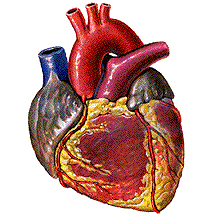
Off-Topic: Ethan At 17 Weeks (With Video)!
By Adam Pick on August 4, 2009
Thanks to all of you who have requested an update on Ethan, our four-month old baby boy.
So you know… Ethan is doing greeeeeeeeeeaaaaaat!
- He’s about 15 pounds now, having doubled his weight since birth.
- He’s doing his best to communicate (via coos, grunts, and crys) with Robyn and me.
- He’s sleeping pretty good, waking up only 1-2 times a night.
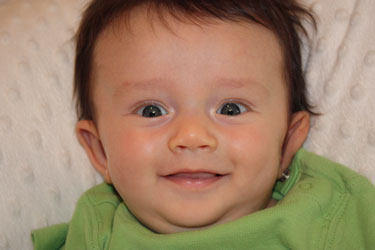
Best of all… Ethan is a very, very, very, very smiley baby. Personally, I can’t get enough of his teeth-less smiles. It really does melt my heart each time I look at him. Last week, he started to laugh which is incredibly funny.
Here are some recent pictures of Ethan, Robyn (my wife), Donna (my mom) and me. In the first picture, Ethan is in his Lion towel – after bath time with his mommy.
“Pictures Of Heart Valve Disease?” Asks Ray
By Adam Pick on August 3, 2009
Ray just emailed me a great question about heart valve disease.
He writes, “Adam – Try this one on for size… I’m 57 and newly diagnosed with severe stenosis in my aortic valve. The docs think I need surgery soon. I can’t believe it. I feel fine. No real symptoms. But, the echo shows my heart is already dilated somewhat. Even though the cardiologist told me what is wrong… I want to see what is wrong. Do you have any pictures of heart valve disease? Thanks, Ray”
Like Ray, I experienced a very similar thought upon diagnosis, “What does a diseased heart valve look like?” That said, please find several pictures below to help Ray (and perhaps you) better understand the visual anatomy of several different types of valve disease.
First, however, I thought you might like to see what a normal heart valve looks like for comparison. Here are two pictures of a normal aortic heart valve and tricuspid heart valve:
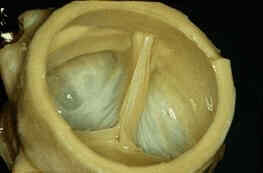
Melinda Gets Pregnant With A Bicuspid Valve & Aneurysm
By Adam Pick on July 31, 2009
Over the past few months, several patients have written-in about pregnancy, child birth, heart valve disease and the complex issue of… surgery timing.
In fact, this morning I received an exciting email about Melinda, her new husband, her bicuspid aortic valve and her pregnancy. I thought you might enjoy reading about Melinda’s approach to having a baby before before heart valve replacement surgery. Here is what she writes:
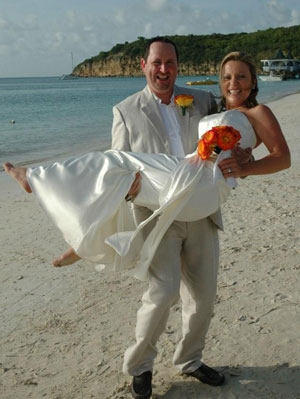
Recovery Alert: Cardiac Rehab Programs Are “Under-Utilized”
By Adam Pick on July 30, 2009
One of my critical heart valve surgery recovery tips for patients is… to attend a cardiac rehabilitation program following heart surgery.
From my own personal experience and patient research, I have learned that cardiac rehab programs provide significant benefit to the physical and emotional well-being of patients during heart surgery recovery. Unfortunately, I have also learned that 49% of patients do not attend cardiac rehab.
On Tuesday, a report published in the Journal of the American College of Cardiology further supported the data and opinion referenced above. The highlights of this study which surveyed 72,187 patients discharged from hospitals after a heart attack, angioplasty of bypass surgery between 2000 – 2007, include the following:
- Even though cardiac rehabilitation has been shown to guard against future heart trouble once a cardiovascular event has landed someone in the hospital, only 56 percent of these patients are referred for the therapy.
- Despite national guidelines that say hospitalized patients with a qualifying cardiovascular disease event should be referred to outpatient cardiac rehabilitation before hospital discharge, the study demonstrates this doesn’t happen often enough.
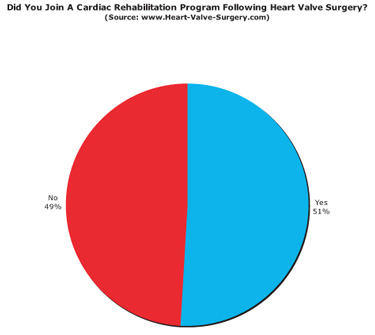
“Any Physical Limitations After Open Heart Surgery?” Asks Aaron
By Adam Pick on July 28, 2009
Aaron just emailed me an interesting question about physical limitations following open heart surgery.
He writes, “Adam – I was just given the news that my aortic valve is at the end of its rope. I knew it would happen someday as I was diagnosed years ago with stenosis. However, I wish that someday wasn’t now. I’m a very active father and husband that enjoys playing football, soccer, tennis and golf with my boys. I want to know the truth about the recovery. Will I be physically limited after this is all over? If so, how? Thanks, Aaron”

Aaron’s email just brought back several, distinct memories following my own diagnosis. Mostly, I remember the fear, uncertainty and doubt that rattled through my brain in overwhelming, unanswered questions like, “Will I ever be the same again?”
After Post-Operative Endocarditis Complications, Cheryl Remembers Carroll McDavitt (1928 – 2009)
By Adam Pick on July 28, 2009
Cheryl McDavitt wrote to me, “Please warn your readers of the dangers of this infection.”
She also wrote to me, “Unfortunately, my husband had another stroke and the MRI showed a mass beneath the aortic valve that was replaced. It turned out to be endocarditis and it developed into other complications. We took him off life support last night and he passed away this morning… I was totally ignorant of endocarditis. I did not know that this infection is common after valve replacement. It might be worth a discussion on your blog. I am giving the short version of a long complicated death because of a cardiologist ignoring endocarditis symptoms that should have alerted him to the infection.”
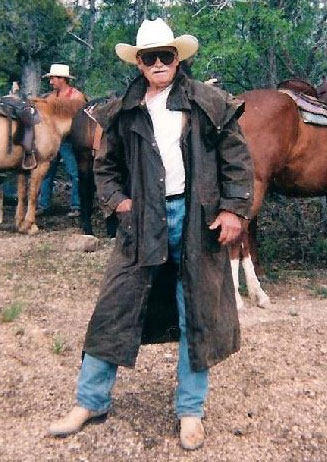
Carroll McDavitt (1928 – 2009)
Rodney, 78, Offers Praise For Dr. Chitwood After Heart Valve Surgery
By Adam Pick on July 25, 2009
As many of you know, I started this website to educate, inspire and empower patients with heart valve disorders including mitral regurgitation, aortic stenosis, etc.
Three years later… It turns out that I am the one who is inspired by the patient stories of Randy, Sylvia, Patricia, Anita, Robin, Charles, John, Leslie, Steve, Jonathan, Mavis and so many others. Each one of these patient stories (shared previously in this blog) radiate the extraordinary human will to face heart valve disease and rise above it.
On that note, Rodney from North Carolina just emailed me his story. At 78 years of age, Rodney is currently in the middle of his recovery. Here is what he writes:
Adam,
This is to let you know I underwent aortic valve surgery and one bypass at the new heart hospital in Greenville, North Carolina on June 1, 2009. Dr. Randolph Chitwood, MD, who is recognized as one of the outstanding heart surgeons in country, performed the surgery.
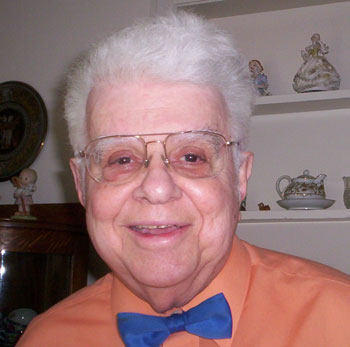
Rodney Trueblood – Heart Valve Replacement Patient


